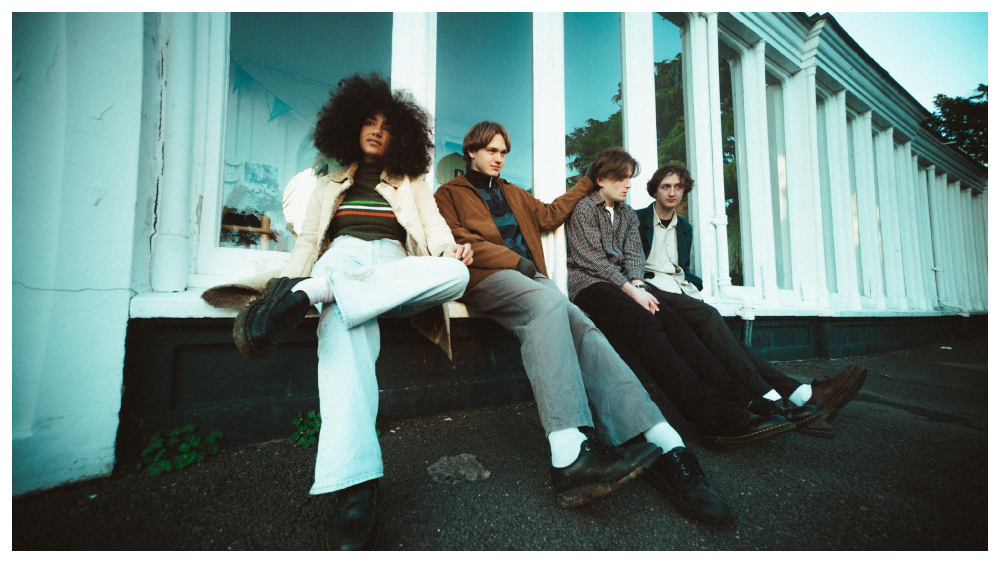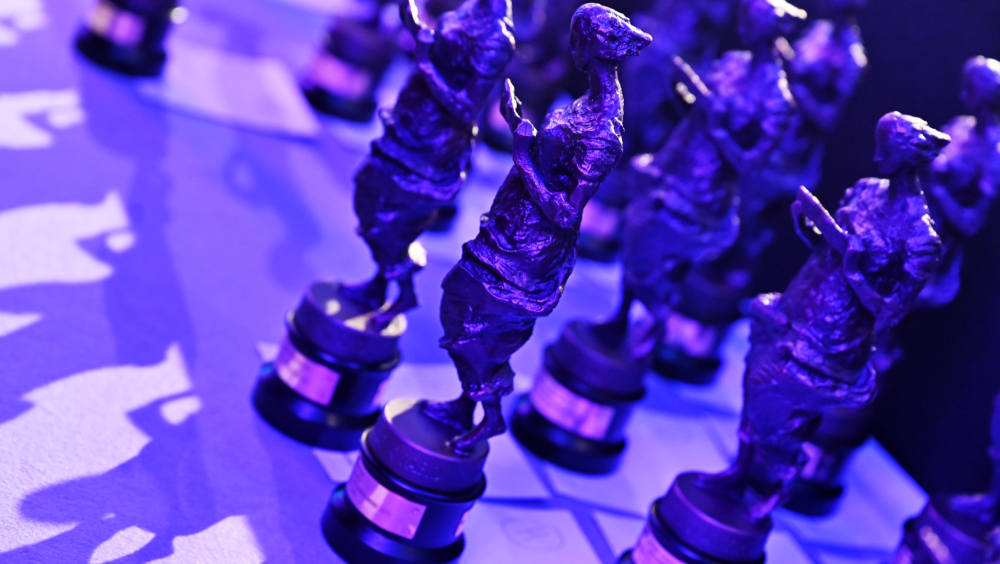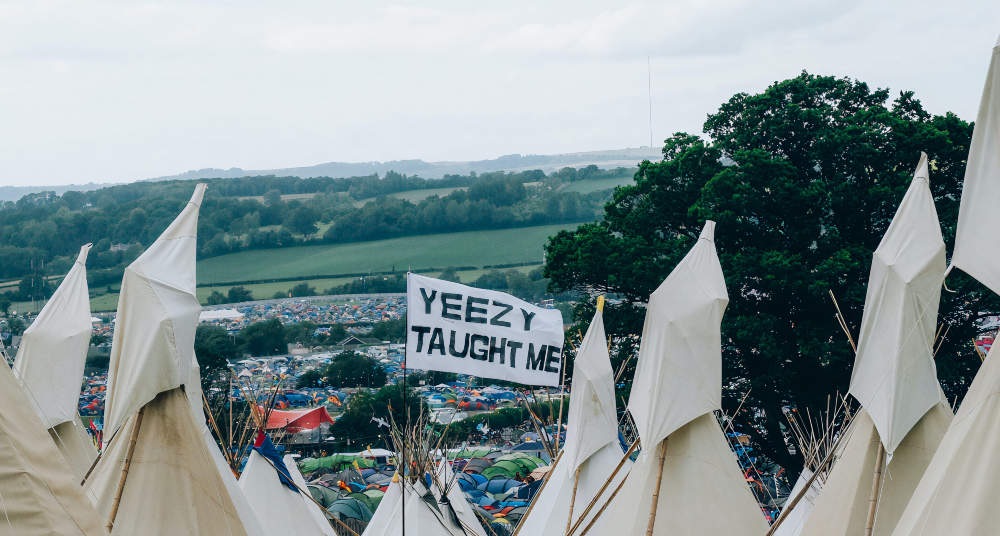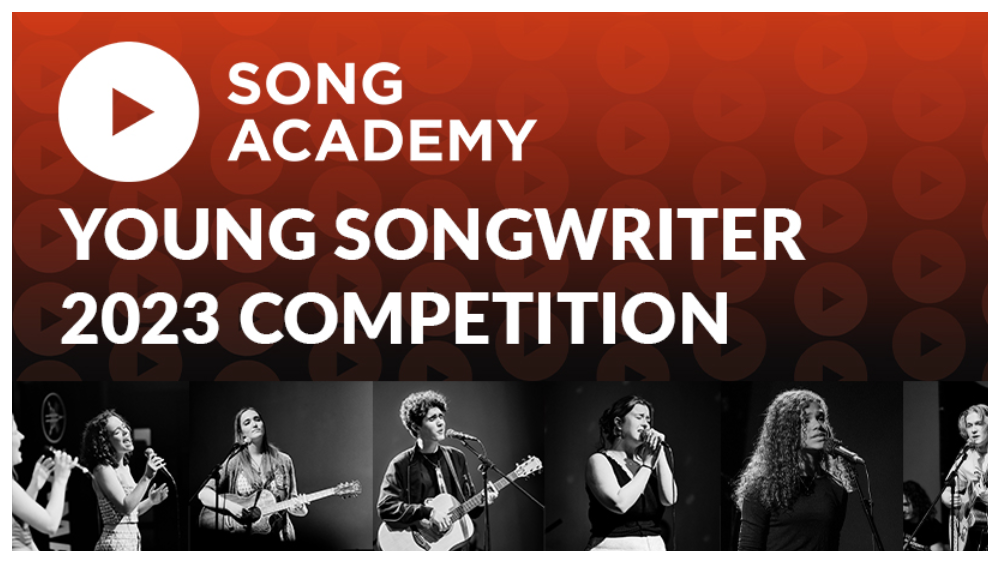This week, the Glastonbury Emerging Talent Competition opens for entries for its 15th edition. Thousands of submissions pour in each year, as solo artists and bands from every conceivable genre take their shot at playing the Festival’s Pyramid or Other stages. Preparation is key here, as the submission window is only open for seven days.
Once applications have closed, a panel of the UK’s music writers whittle down the vast number of hopefuls into a longlist of 90 acts. ‘I create bespoke playlists for them based on their music preferences,’ says organiser Sue Wheeler. ‘They almost always feedback that the standard improves year on year, which is just brilliant.’
This is where the competition gets fierce. From the longlist, only eight artists will make it onto the shortlist. Those eight are selected by a judging panel including Glastonbury organisers Michael and Emily Eavis, and go on to play at the live finals round in Pilton, where the winner is decided.
Over the years, many of the competition's winners have firmly established themselves in the British music landscape. Since The Subways took the inaugural crown in 2004, the winners’ cohort has welcomed artists including Declan McKenna, She Drew the Gun and Scouting for Girls. Last year, Scottish singer-songwriter Lewis McLaughlin took home the title.
‘Obviously performing at Glastonbury was always top of the bucket list for us.’
‘It’s something that always gets shared around each year, so I had been aware of the competition for a while. I think I’d applied a couple times before last year too, and never really thought anything of it,’ he says now. ‘I certainly didn’t expect to even get to the longlist, never mind winning it.’
For Leeds indie band English Teacher, applying each year had become something of a ritual before they were named runners-up in 2022. ‘It had always been an annual tradition of ours to apply, alongside trying to get actual tickets, so we could double our chances of getting to go to Glastonbury,’ they say. ‘Obviously performing at Glastonbury was always top of the bucket list for us.’
Their fellow runner-up Crae Wolf, who blends fantastical cinematic elements with the realism of drill, was less familiar with the competition’s cycles. ‘I came across a post about it on social media and thought why not? You miss 100% of the shots you don’t take,’ she says. ‘I just knew it was a competition that could give me a chance to perform at Glastonbury festival. That in itself is an amazing opportunity for an independent artist like myself.’
The Emerging Talent Competition is a long process. Sue and the others behind the scenes begin work on the following year’s programme before Christmas, getting things ready for the selected artists to perform at the festival at the end of June. Across those six or seven months, Sue says, her favourite time is ‘always the day of the live final.’
‘It's so exciting seeing many months of work finally come to fruition,’ she says. ‘It's a very busy day which, for me, starts at 9am and finishes at about 11pm.’
'All these bands competing for that prize slot. The anticipation was like no other when we were waiting around for the gig to start.’
The competition is full on for the entrants too, of course. For those who make it into the final stages, there’s a sense of unreality about things. When asked about their experiences, all three of last year’s highest-placing acts refer call it ‘surreal’.
‘The day of the final was mental,’ says Lewis. ‘We drove for over seven hours in the van to get there. There was a very tense but exciting atmosphere around the venue. All these bands competing for that prize slot. The anticipation was like no other when we were waiting around for the gig to start.’
With such fierce competition, Lewis's anxiety was understandably high. ‘Playing those two songs in front of the crowd is the most nervous I have ever been in my life. Barely remember playing the first song, but then we started singing my song Summer, and the atmosphere in the room shifted,’ he says. ‘I could hear some people singing along already, I just lost myself in the music and sang my wee heart out. It’s all you can do in those situations.’
Ultimately, the Emerging Talent Competition has been a turning point for Lewis, English Teacher and Crae Wolf. It has lead to a step-change, exposing the acts to wider audiences, more industry figures and the country’s media.
‘It 100% pushed us up a fair few levels. Fanbase wise and industry wise,’ English Teacher say. ‘We have gained a lot of attention since performing at Glastonbury which has been super exciting and we got to learn what a full-scale festival experience involves. The competition really taught us so many invaluable bits that have boosted our confidence massively.’
When it comes to the 2023 competition, Crae Wolf has one piece of advice for hopefuls. ‘Put your best foot forward and trust your instincts. Don’t over think your song choice,’ she says. ‘I never expected a drill song would do so well, so you really never know what they’re looking for.’
Sue agrees. It’s worth taking a shot if you have a song and a video ready to go. ‘If you're passionate about your music and enjoy performing live then go for it!’ she says. ‘Apply, you just never know.’
The 2023 Glastonbury Emerging Talent Competition is open for entries between Monday 30 January and 5pm on Monday 6 February. More information is available here.





